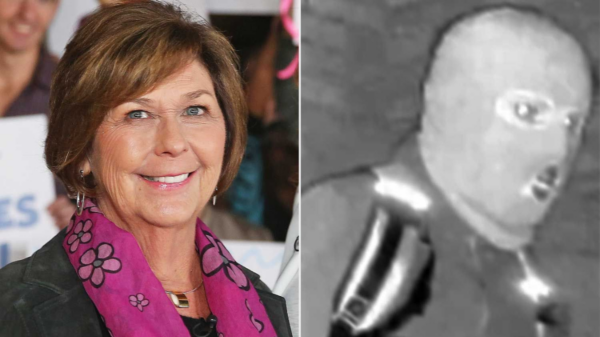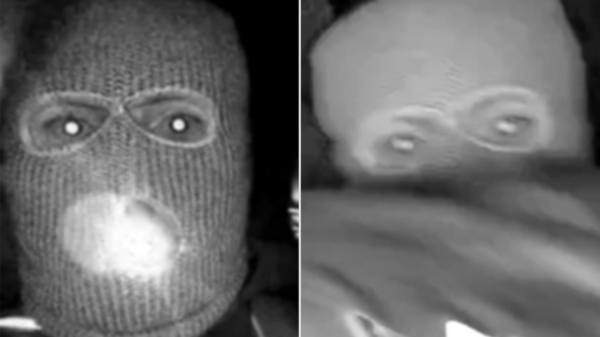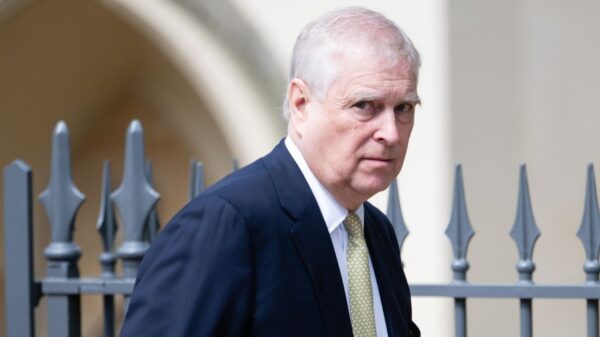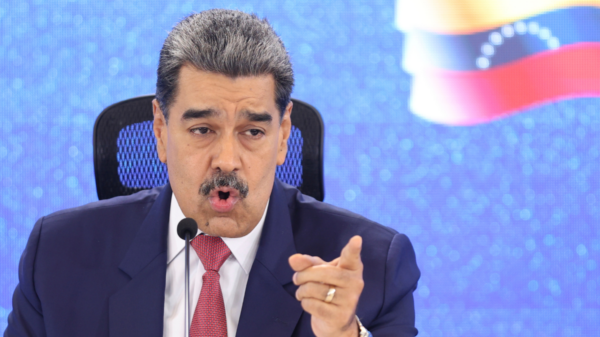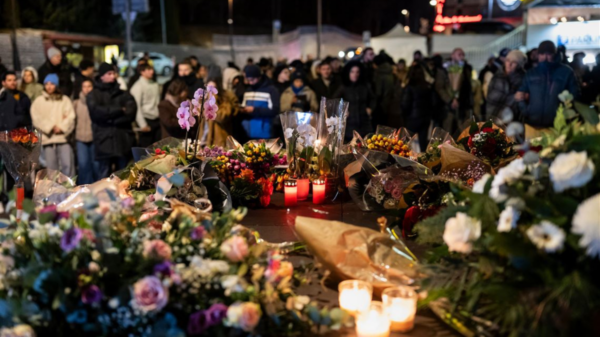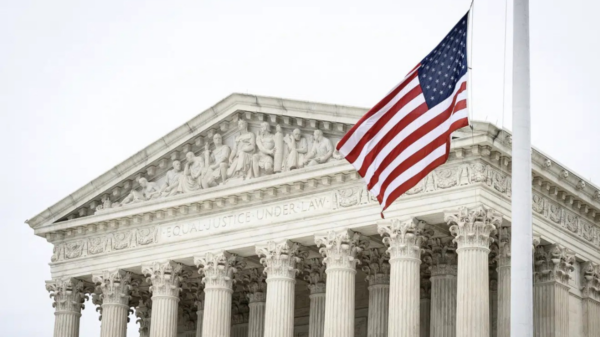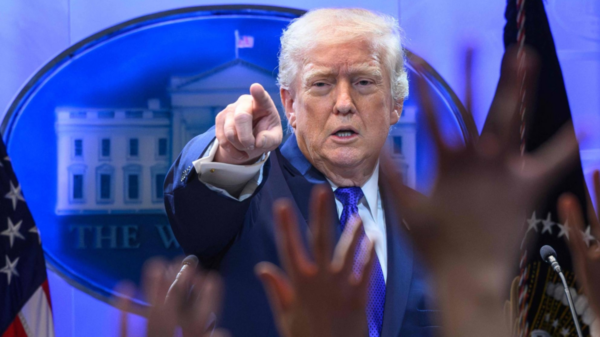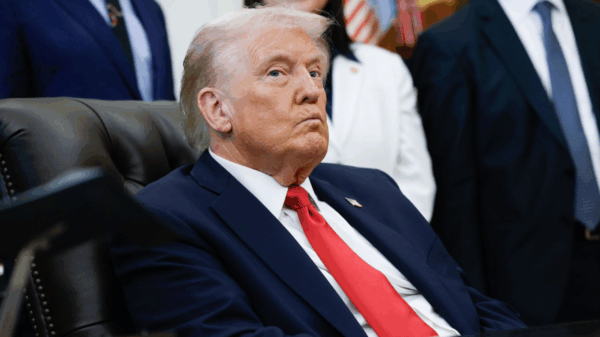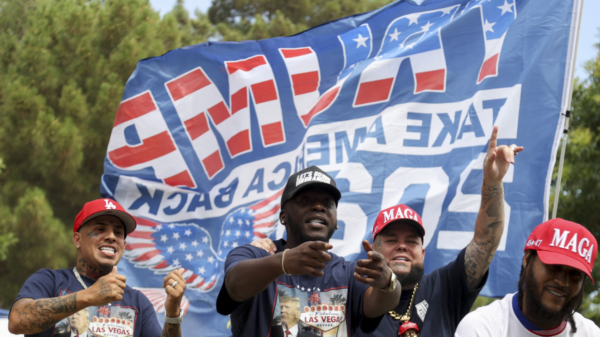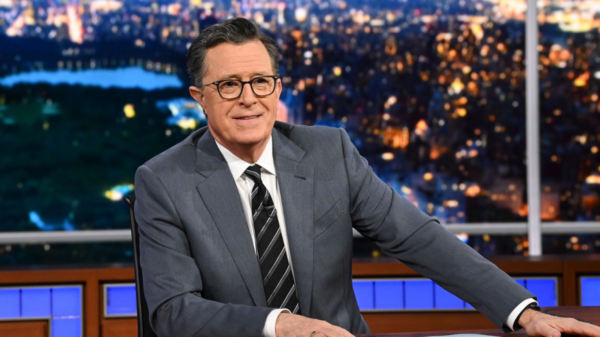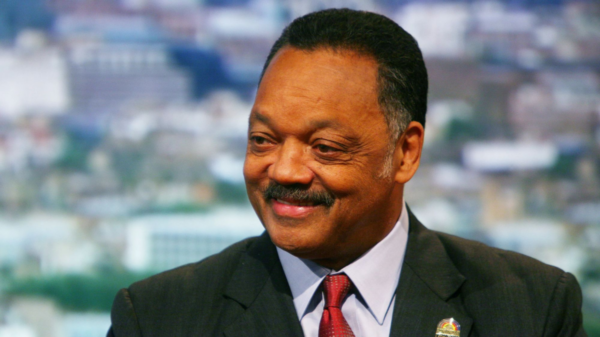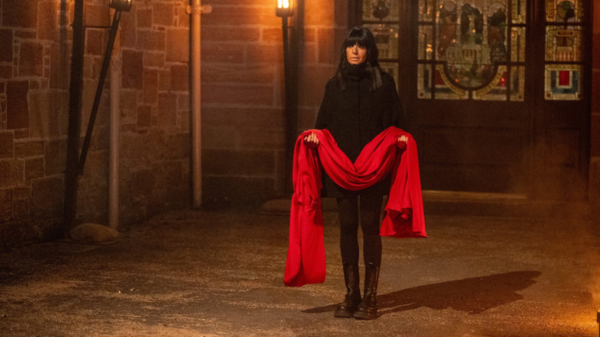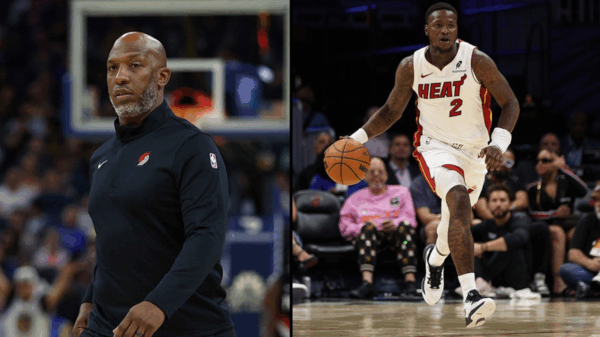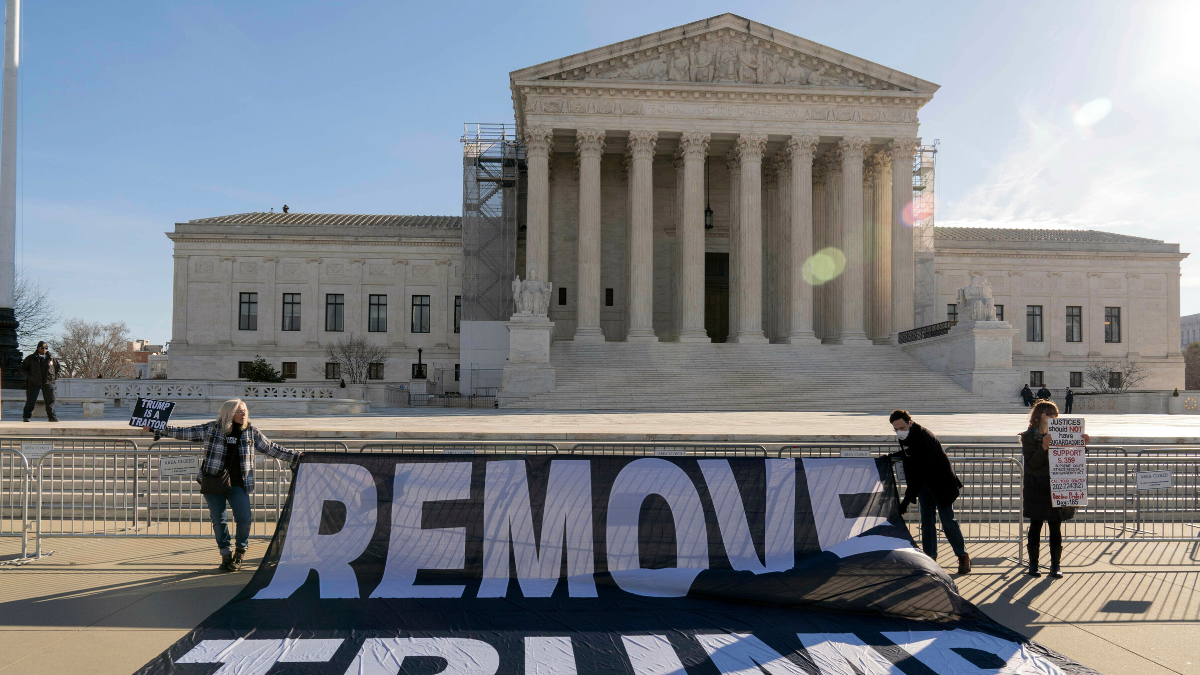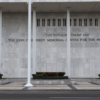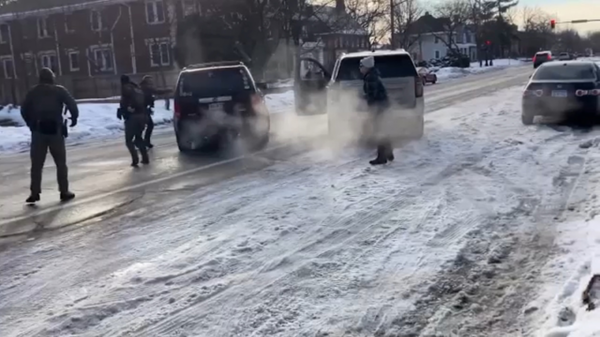WASHINGTON — The U.S. Supreme Court appeared to be critical of a Colorado Supreme Court decision that would ban former President Donald Trump from the GOP primary ballot under Section 3 of the 14th Amendment.
In a historic case, Trump v. Anderson, the court’s nine justices heard oral arguments for over two hours and expressed skepticism that an individual state has the authority to deny a candidate for federal office from the ballot as an “insurrectionist.”
“It just doesn’t seem like a state call,” Justice Amy Coney Barrett, a Trump appointee, said.
“Why should a single state have the ability to make this determination not only for their own citizens, but for the rest of the nation?” said Justice Elena Kagan, appointed by former President Bill Clinton.
While a decision has not been made, it appears a majority of the court will reverse the Colorado decision and allow Trump to remain on the ballot.
Section 3 of the 14th Amendment was drafted after the Civil War to prevent former Confederates from holding positions across government. It reads no person who took an oath as an “officer of the United States” who then “engaged in insurrection” can hold an office “under the United States” in the future.
Justice Neil Gorsuch asked whether Section 3 was the only type of disqualification that could be removed by Congress.
“It’s the only one like that, right?” He asked.
“It would seem to me … if the Colorado position is upheld, surely there will be disqualification proceedings on the other side. Some of those succeed. Some of them will have different standards of proof. Some of them will have different views about evidence,” Chief Justice Roberts said.


